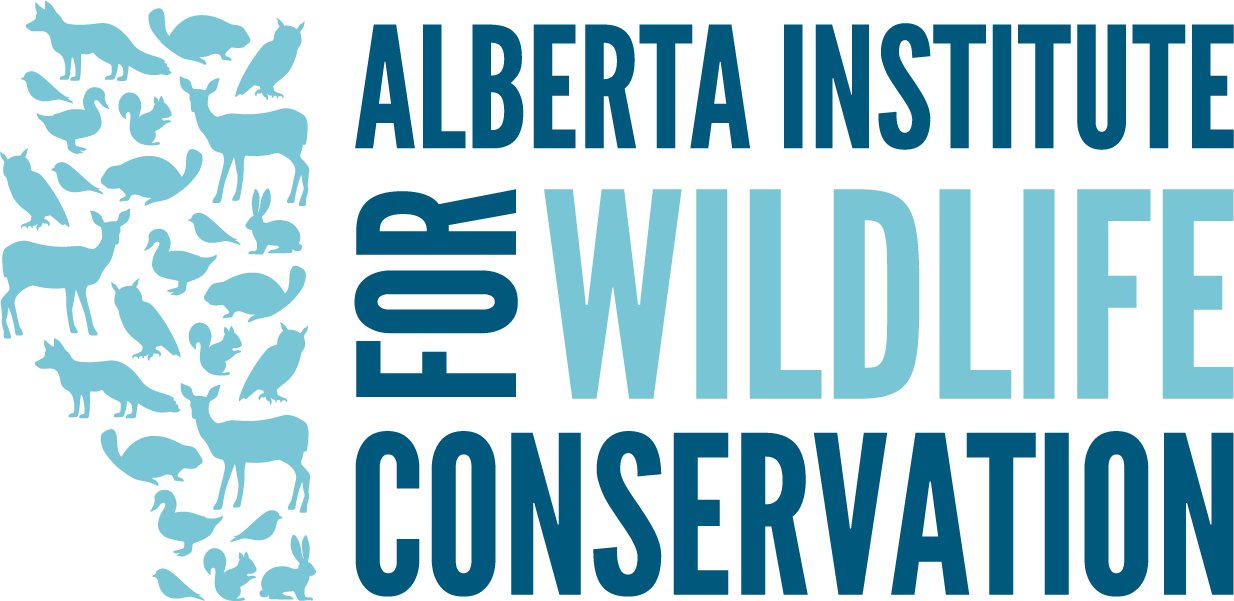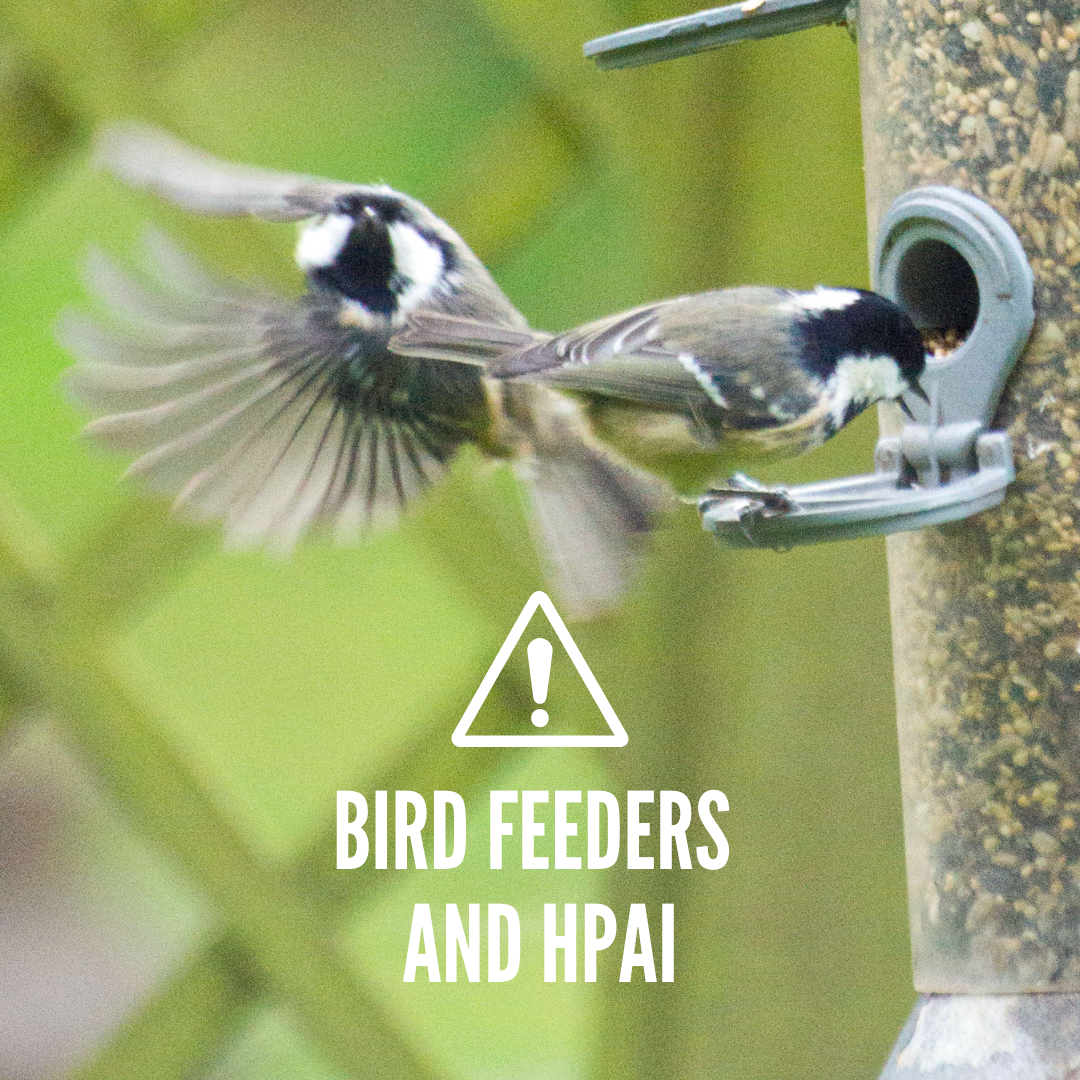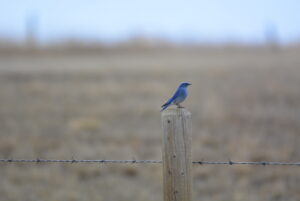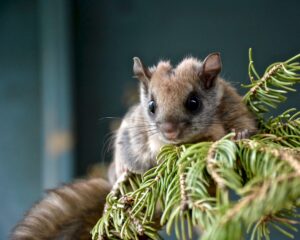Highly Pathogenic Avian Influenza (HPAI) hit hard in April when the first cases were detected in Alberta. We were receiving infected animals almost daily. From great horned owls, to snow geese, and Canada geese. Cases have also been confirmed in mammals as well (foxes and skunks). It is suspected these animals became sick after eating infected birds.
Out of an abundance of caution we recommended taking bird feeders and bathing stations down to help keep our wild neighbours safe. “All bird species are susceptible to HPAI, even if they don’t all show signs of illness. Birds congregating at bird feeders increases the likelihood that they may get or spread HPAI.” (The Raptor Center, 2022).
As cases of HPAI being admitted to our hospital decrease and spring migration is coming to an end, bird feeders can be put back up if you do not have poultry. If you have poultry, our recommendation would be to not have bird feeders or bathing stations out at any time – regardless of HPAI outbreaks.
A note of caution regarding bird feeders and bathing stations. There are many more illnesses besides HPAI that can be transferred at these communal feeding areas, such as salmonellosis, avian pox, and trichomoniasis.
Bird feeders need to be cleaned regularly (more info in one of our blog posts here: https://www.aiwc.ca/blog/bird-feeder-blues-cleaning-is-critical-for-keeping-birds-healthy/) and feed needs to be kept dry. Please also avoid platform feeders that allow birds to defecate on feeding surfaces.
There is still much to learn about this virus and we thank you for your patience and understanding as we managed this. As always, if you come across an animal in need please call our wildlife hotline at 403-946-2361.




